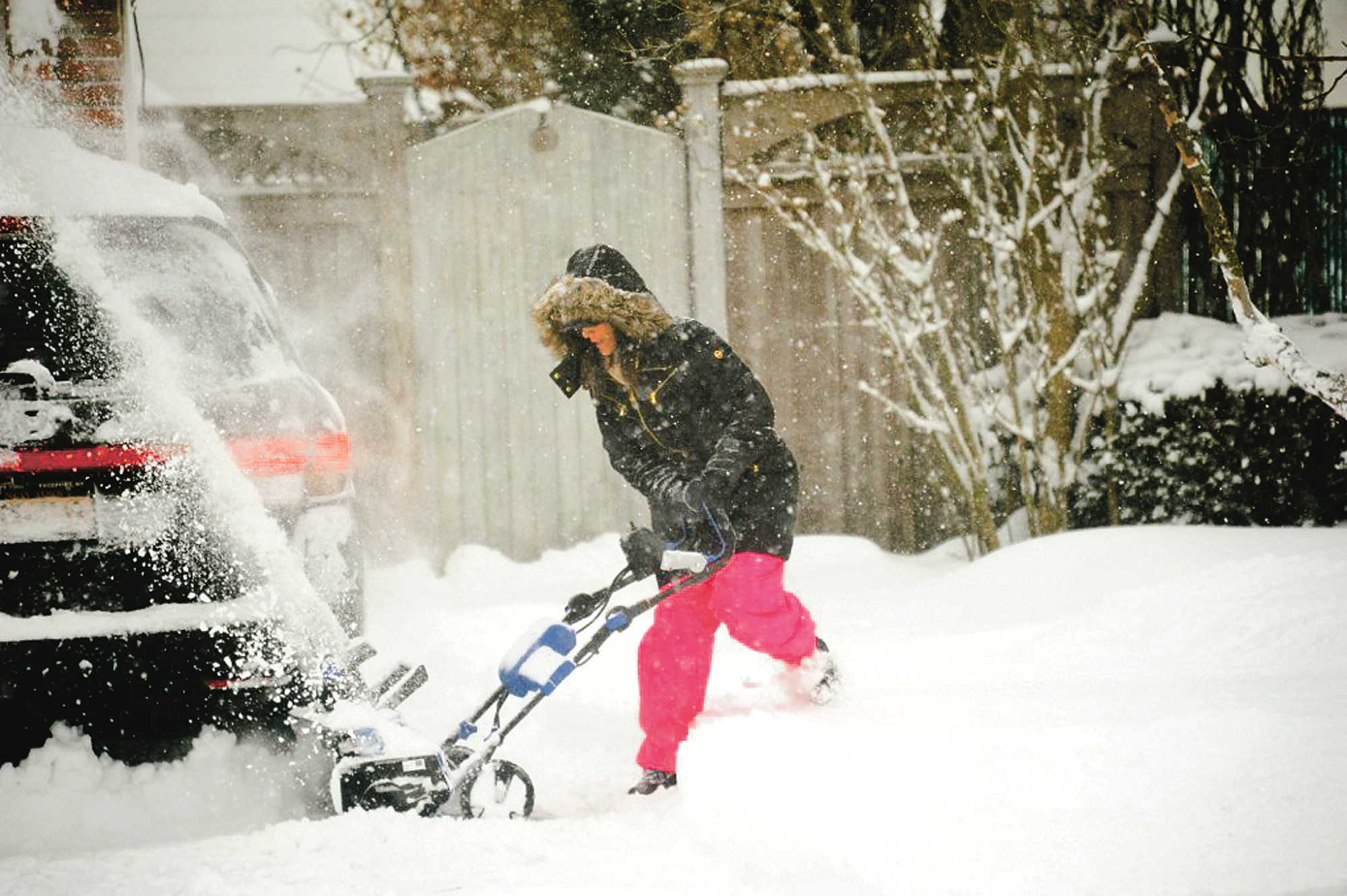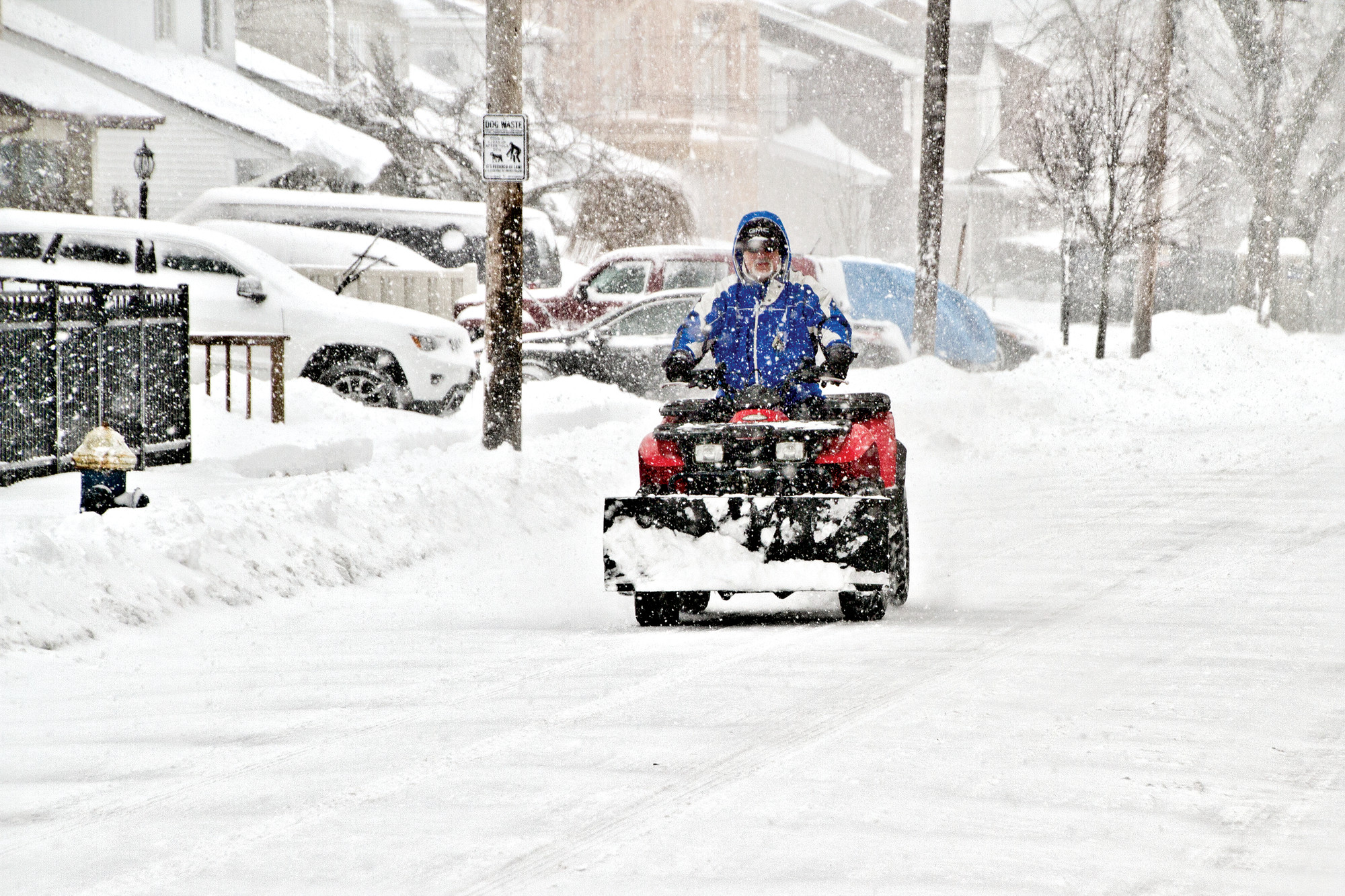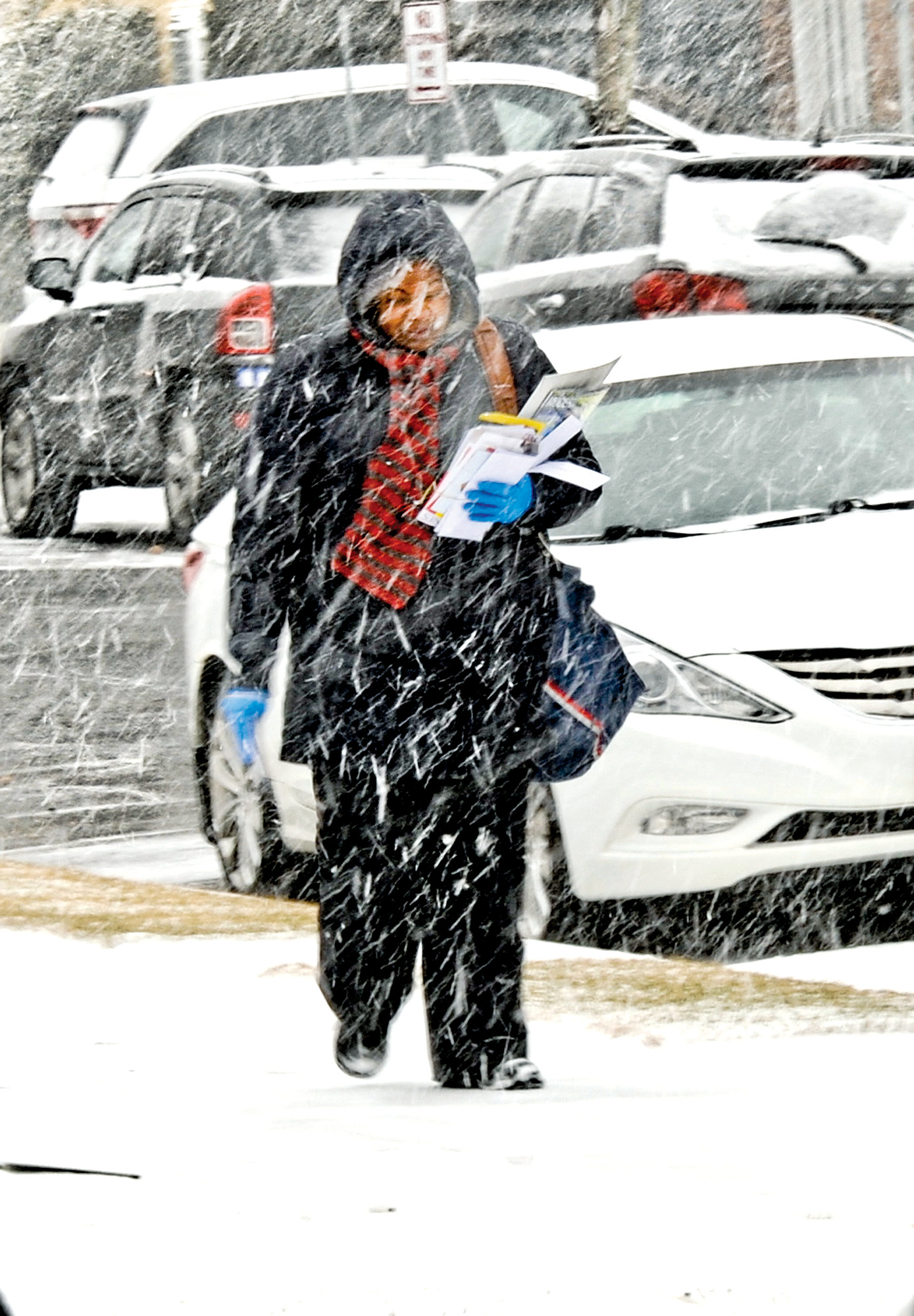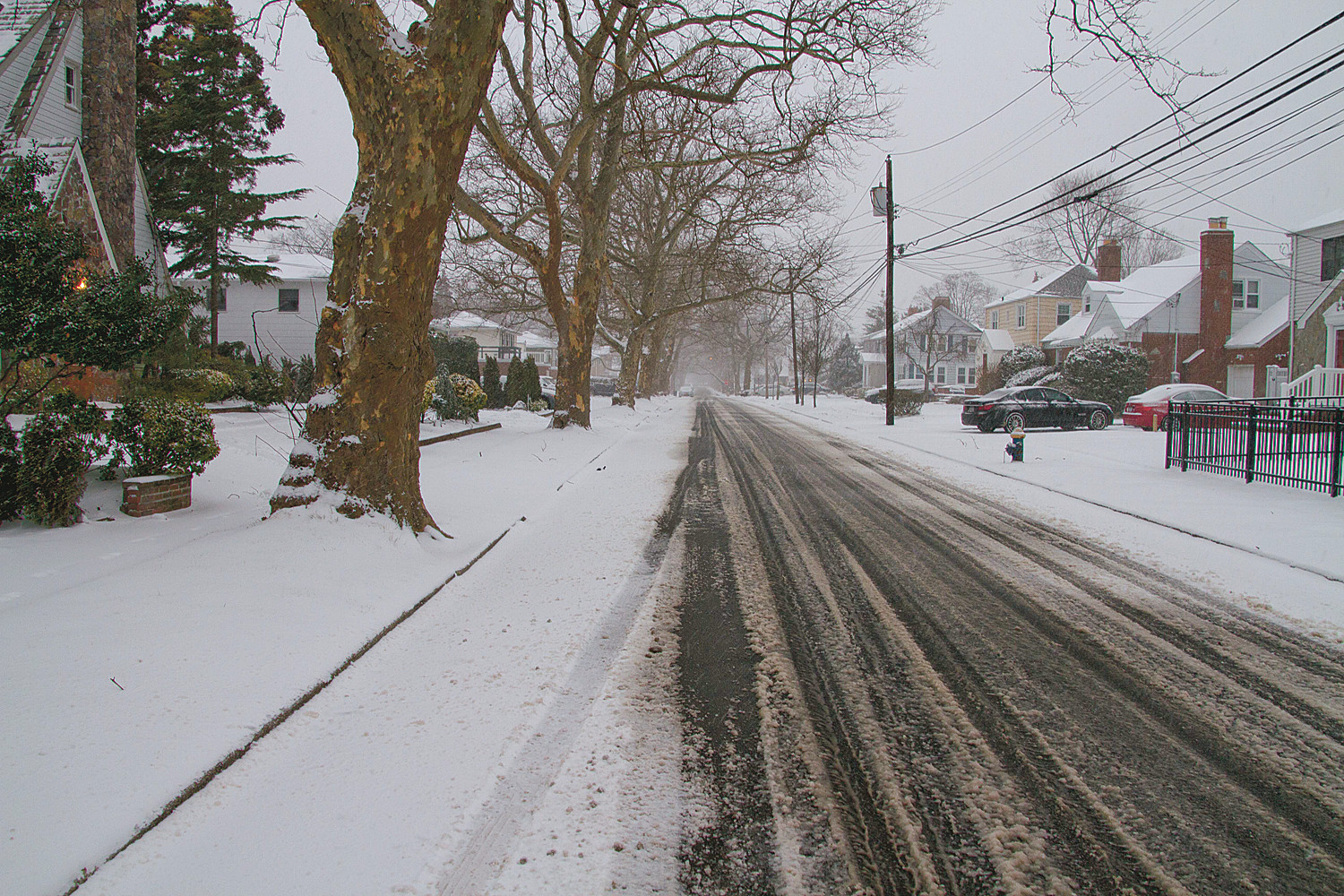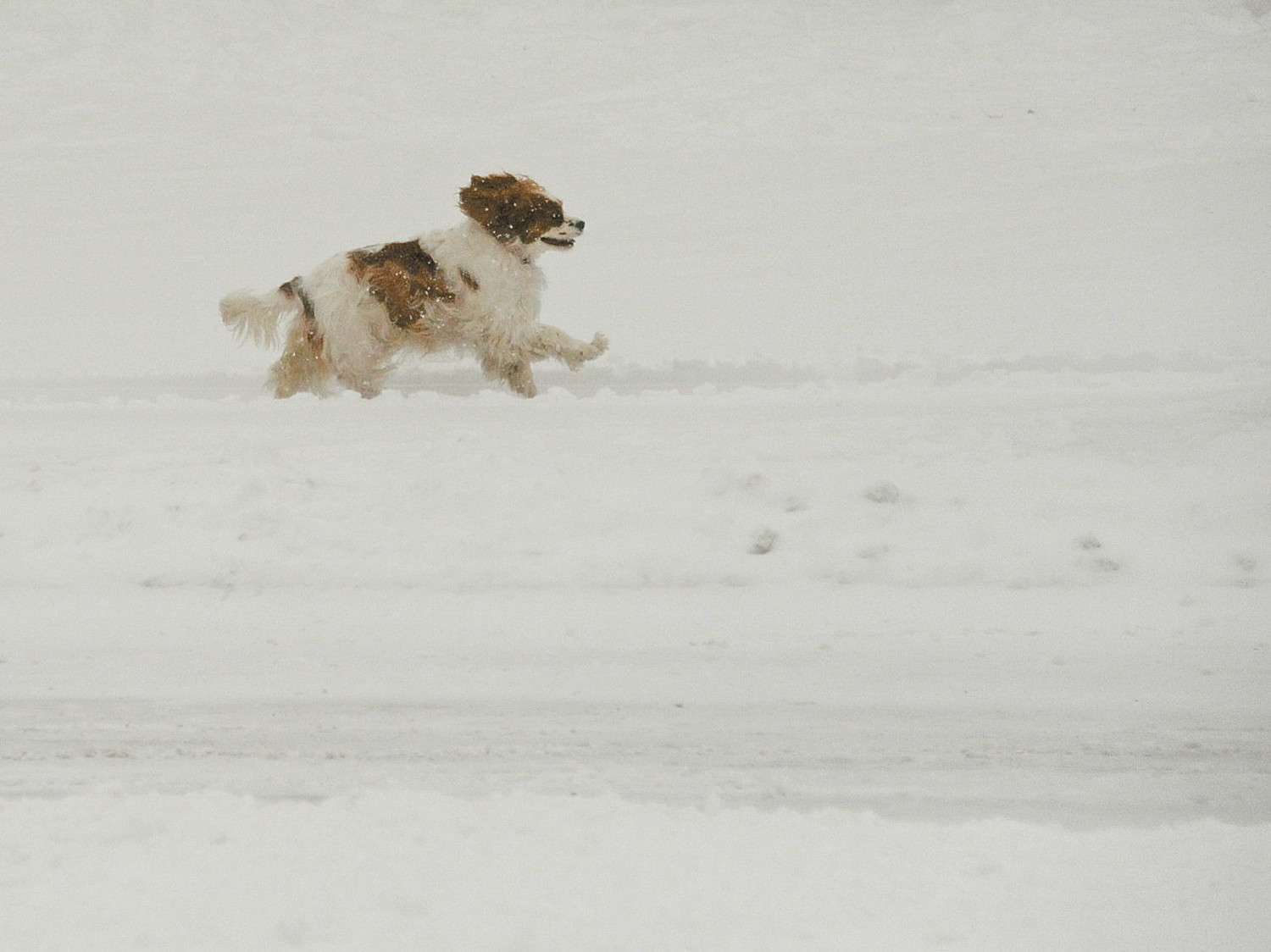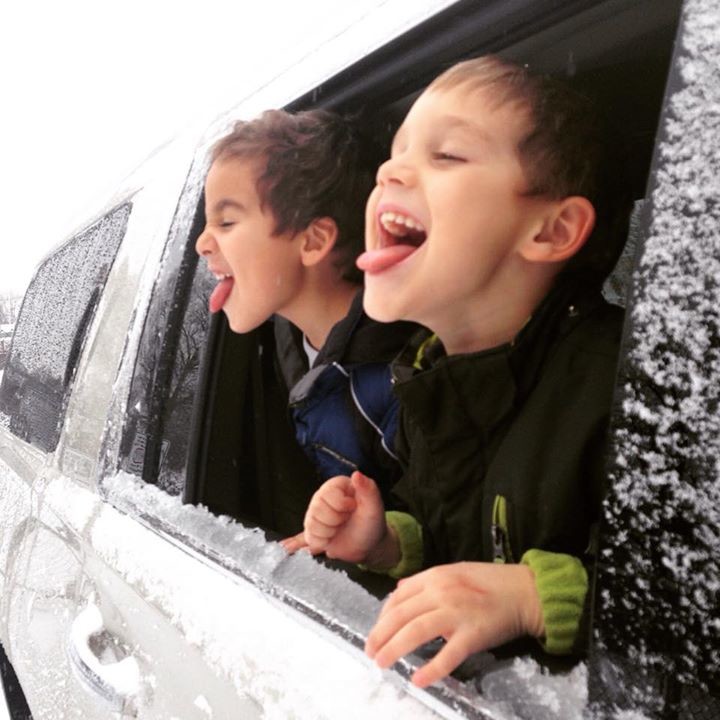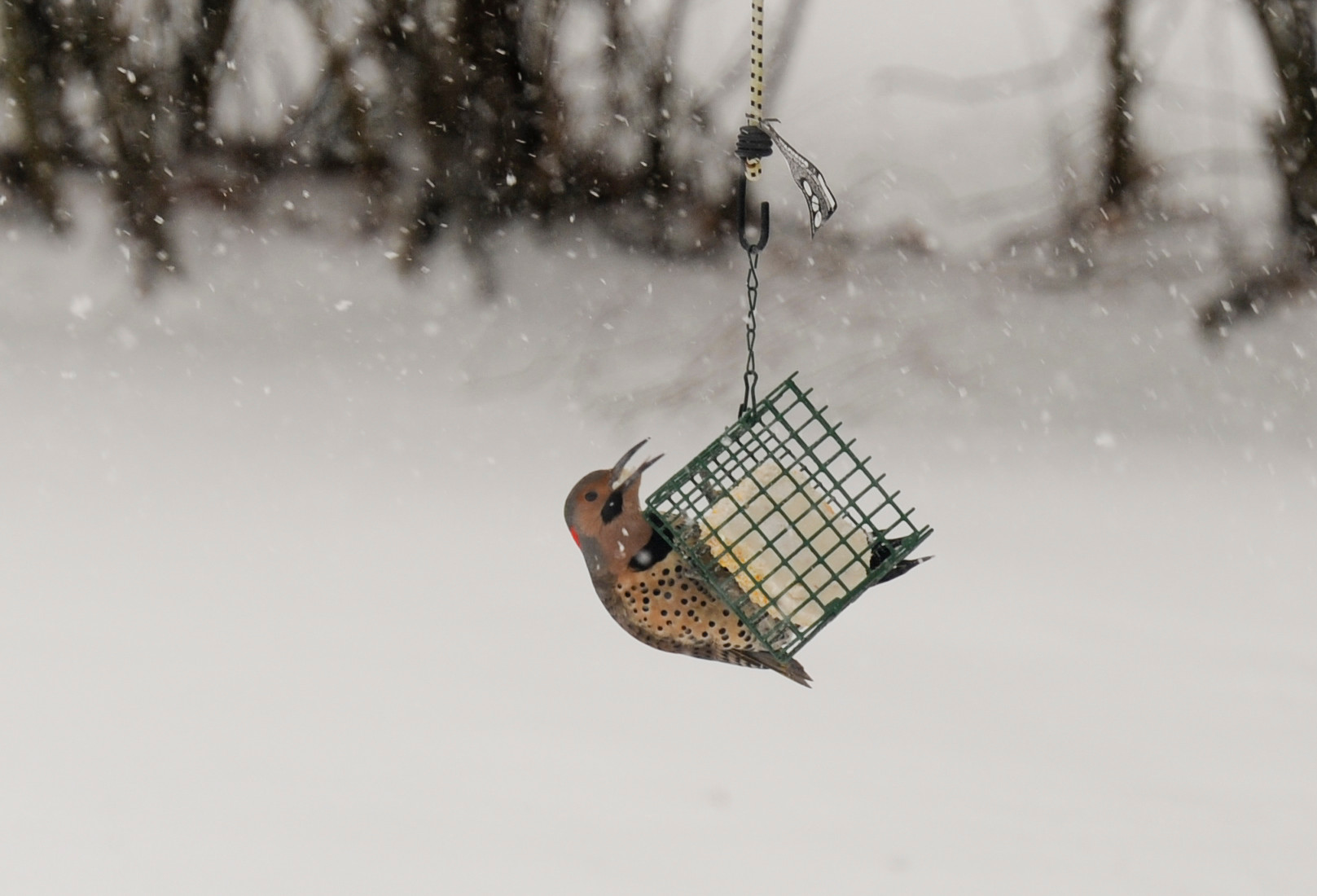More than enough!
The only sounds were the howling wind and the low moan of the horn on the Long Island Rail Road work train trying to clear the tracks. No jets, no cars, no busses, no people. A curfew was in effect and the streets of southwestern Long Island were deserted, save for the occasional plow rumbling though. It started snowing Monday and continued through Tuesday, but fortunately the worst of the storm moved out east.
We were told it would be “historic,” a blizzard to end all blizzards. In the end JFK airport received less than a foot of snow, and for the most part our area was spared.
First responders were at the ready. Island Park Mayor Michael McGinty gave credit to the fire department, where the men and women stayed on duty. The public works department worked throughout the night and by daybreak most roads had seen a plow at least once. The Board of Trustees and the Deputy Mayor Steve D’Esposito were checking on seniors and the disabled to see if they needed help. McGinty said he had been in touch with PSE&G and National Grid throughout the storm.
According to Fire Chief Anthony D’Esposito, there were no reported power outages in Island Park. He thanked the people of the village for removing their cars from the streets, allowing the plows to do their job faster.
Hempstead Town Supervisor Kate Murray said snow operations began at 7 a.m. Monday, and by the time the snow stopped they had touched most of the 1,200 miles of roads in the town. Murray said they were afraid, with the predictions of two feet or more, that the plows would fall far behind, but they were able to keep up with the snowfall, and were left with touch up when it ended. She said because we were lucky with lower snow fall amounts, and because the railroad was shut down, the town did not have to hire outside help to plow commuter lots, and instead were able to do that with town employees, saving money.
The town, Murray said, received no reports of major outages from PSE&G LI.
Murray gave credit to Gov. Andrew Cuomo for closing the roads. “That was significant and unheard of,” she said, “and provided an exclamation point that really stopped people in their tracks.” In addition, Murray said because of Sandy we are all “battle hardened” and we heed warnings when we hear them.
Murray said there was minimal erosion to the beaches; the planting of beach grasses and replenishing the sand dunes worked.

 50.0°,
Mostly Cloudy
50.0°,
Mostly Cloudy 